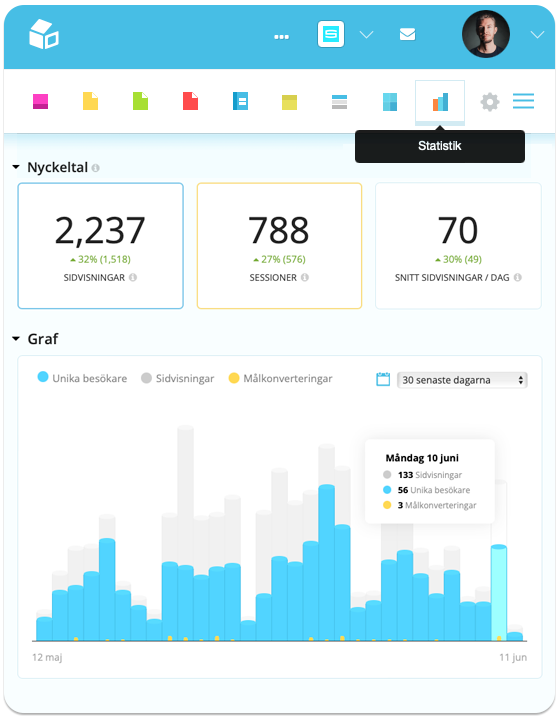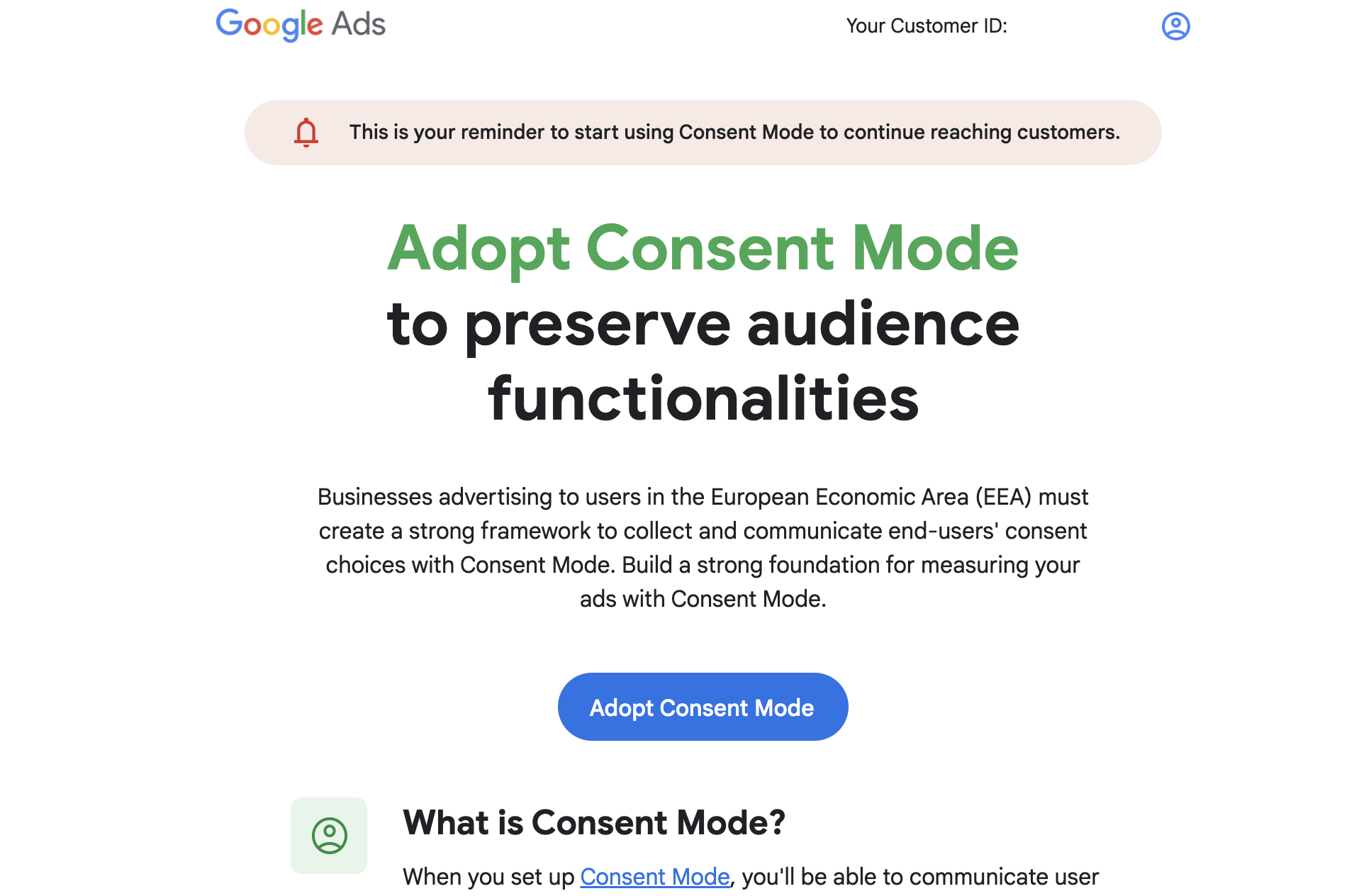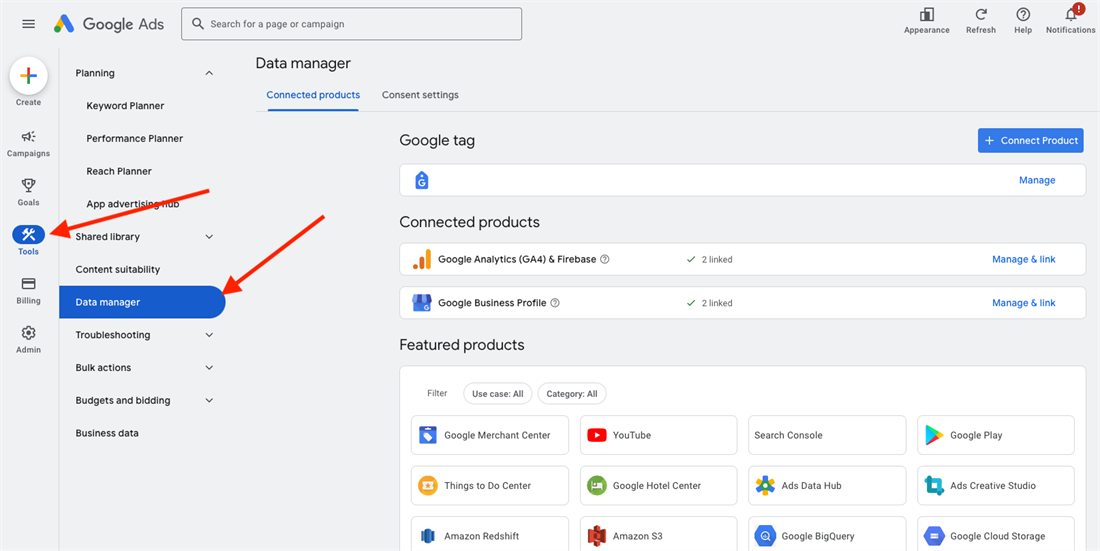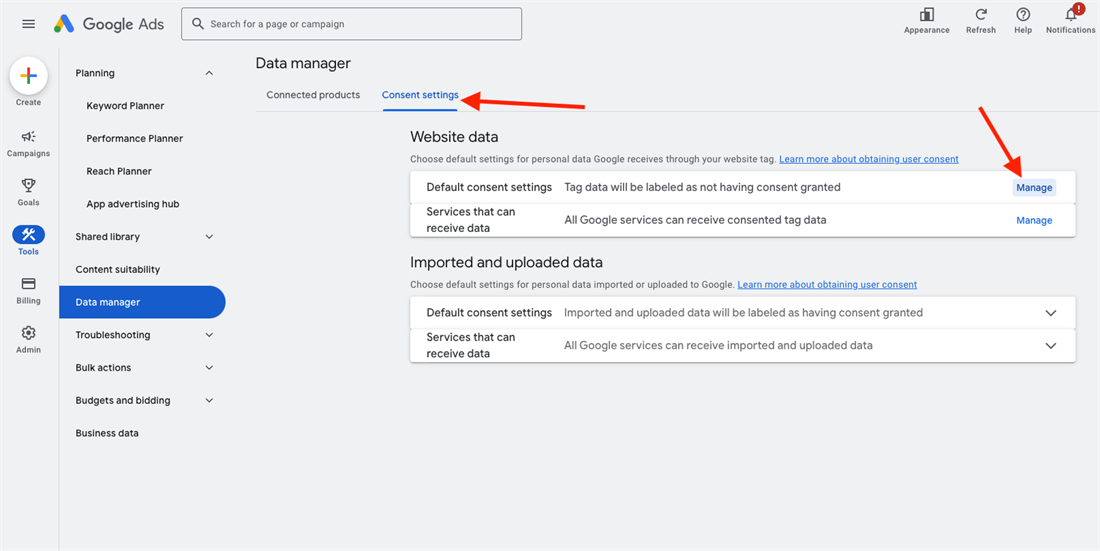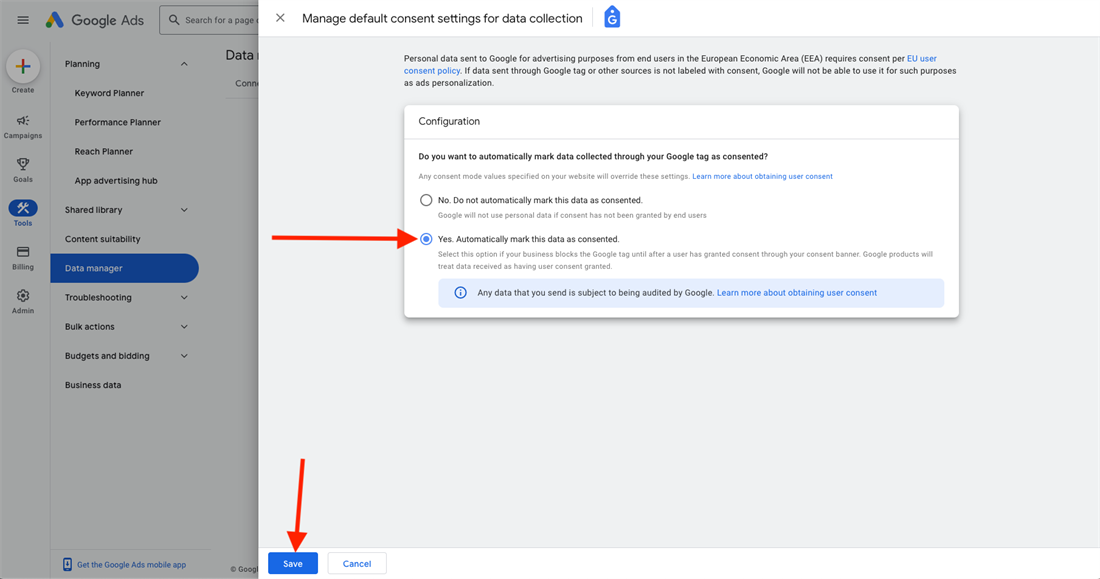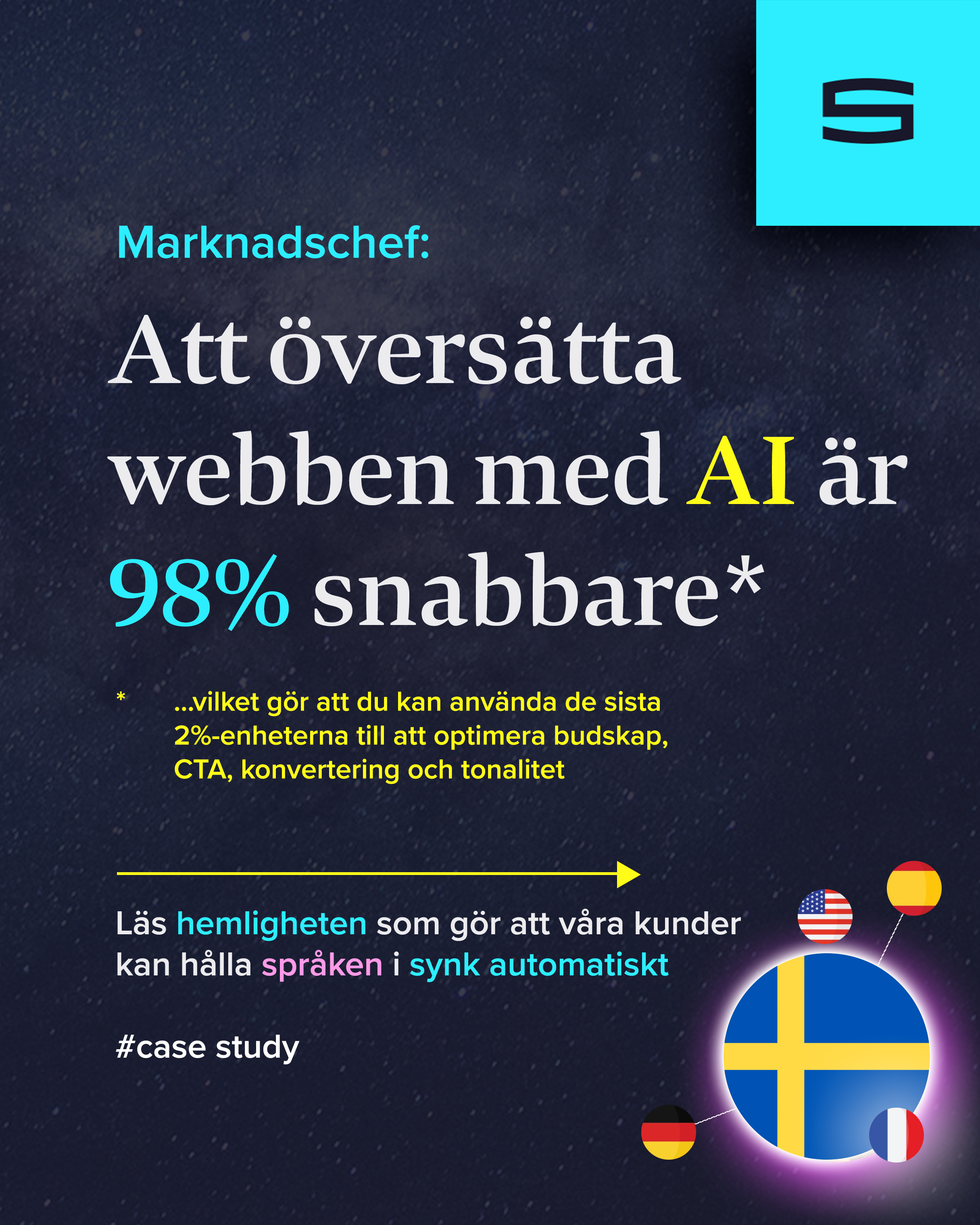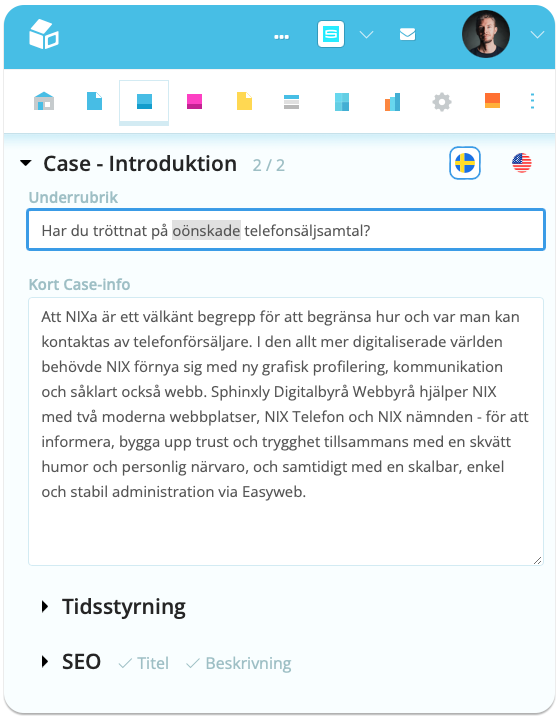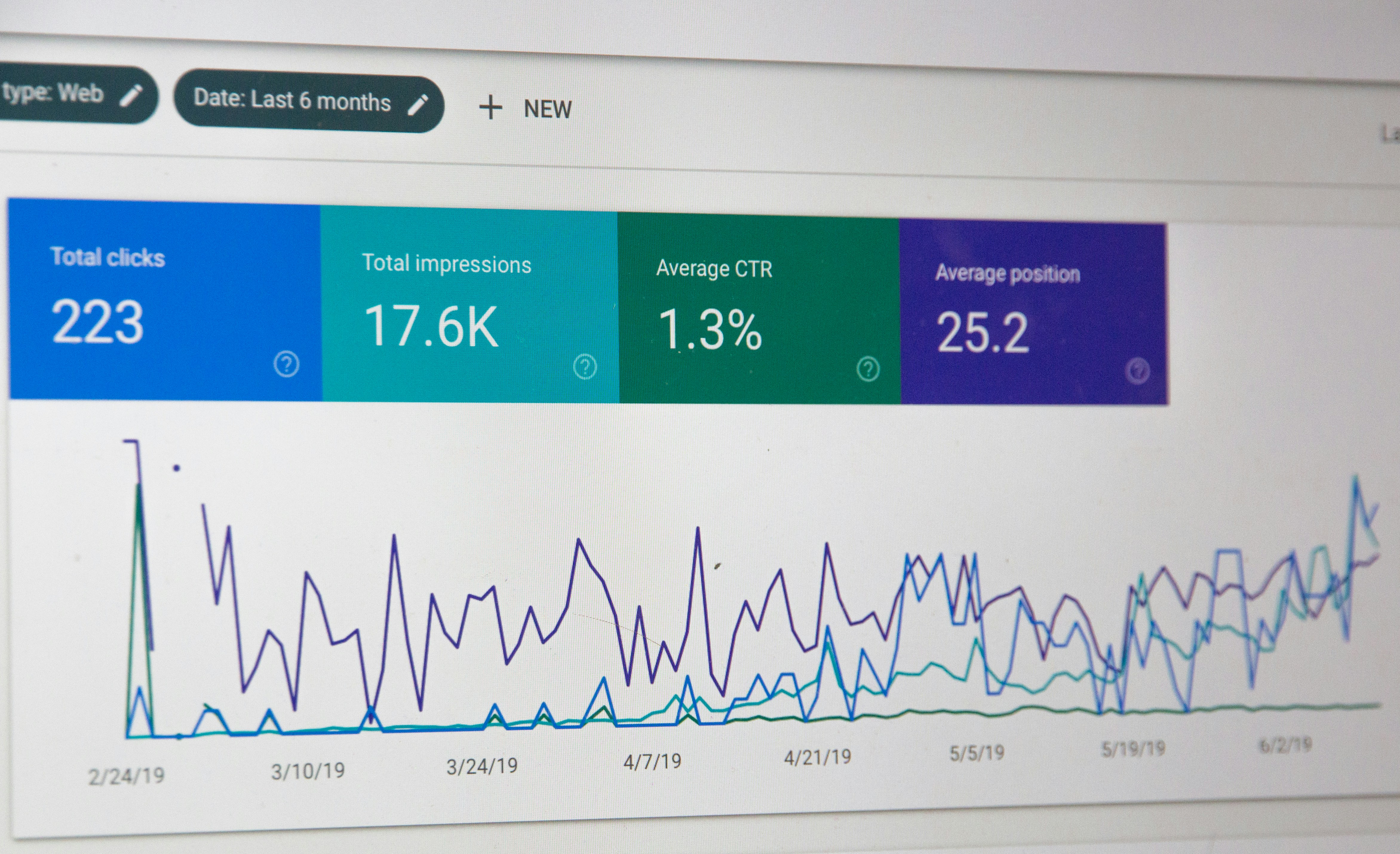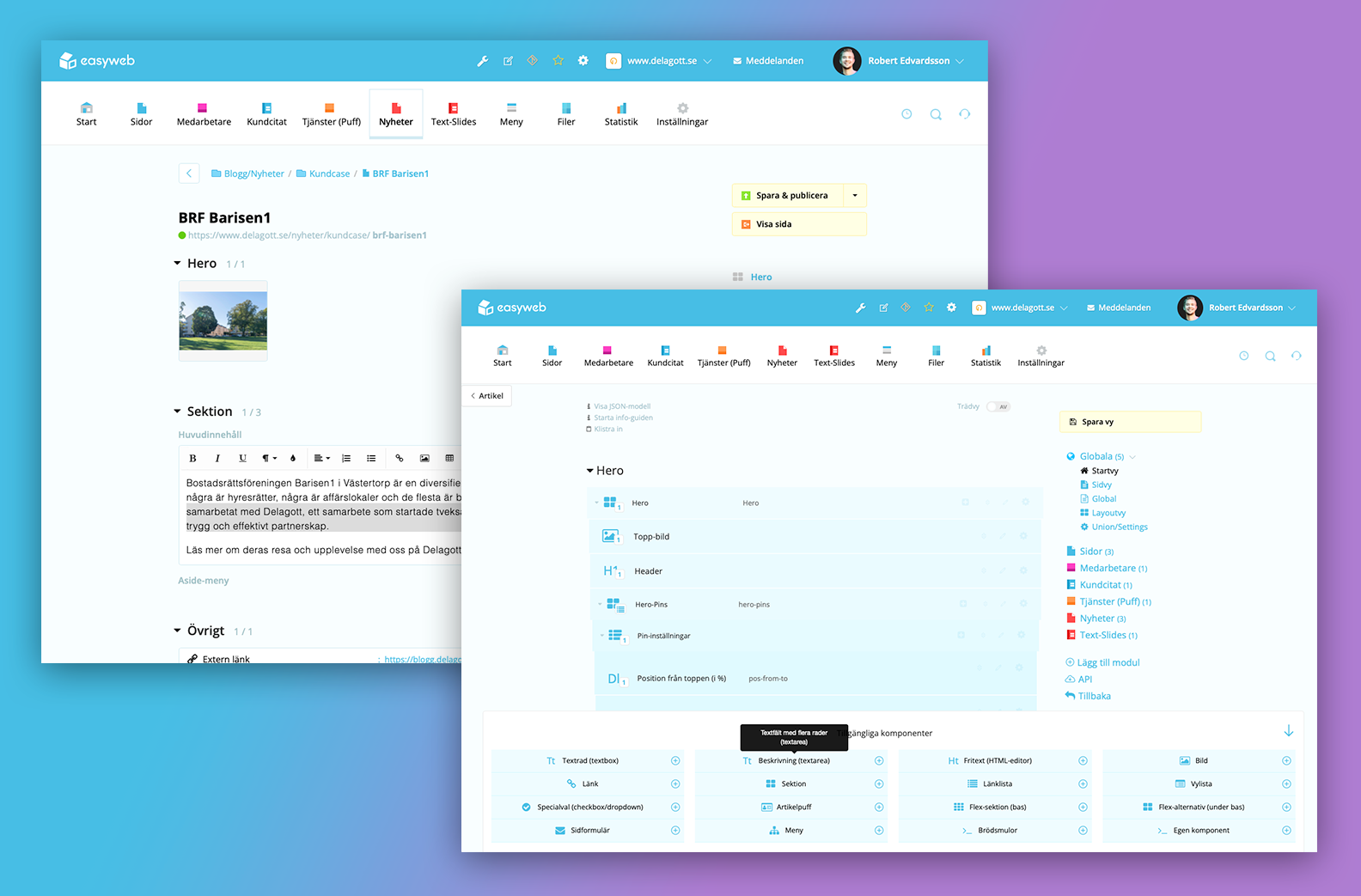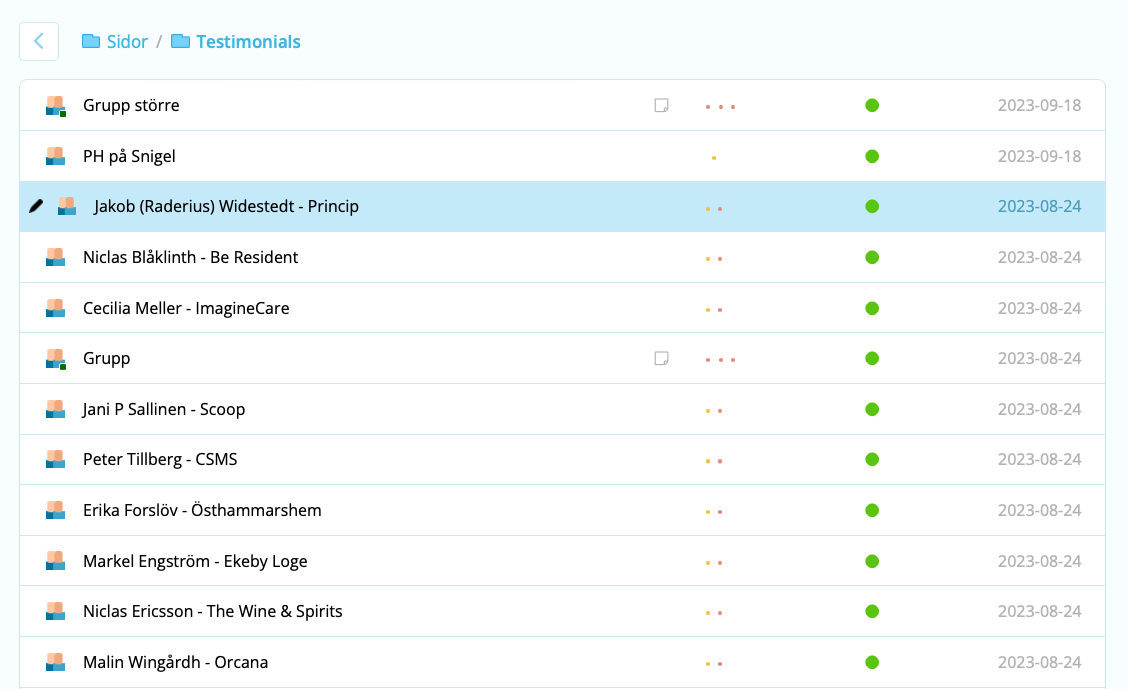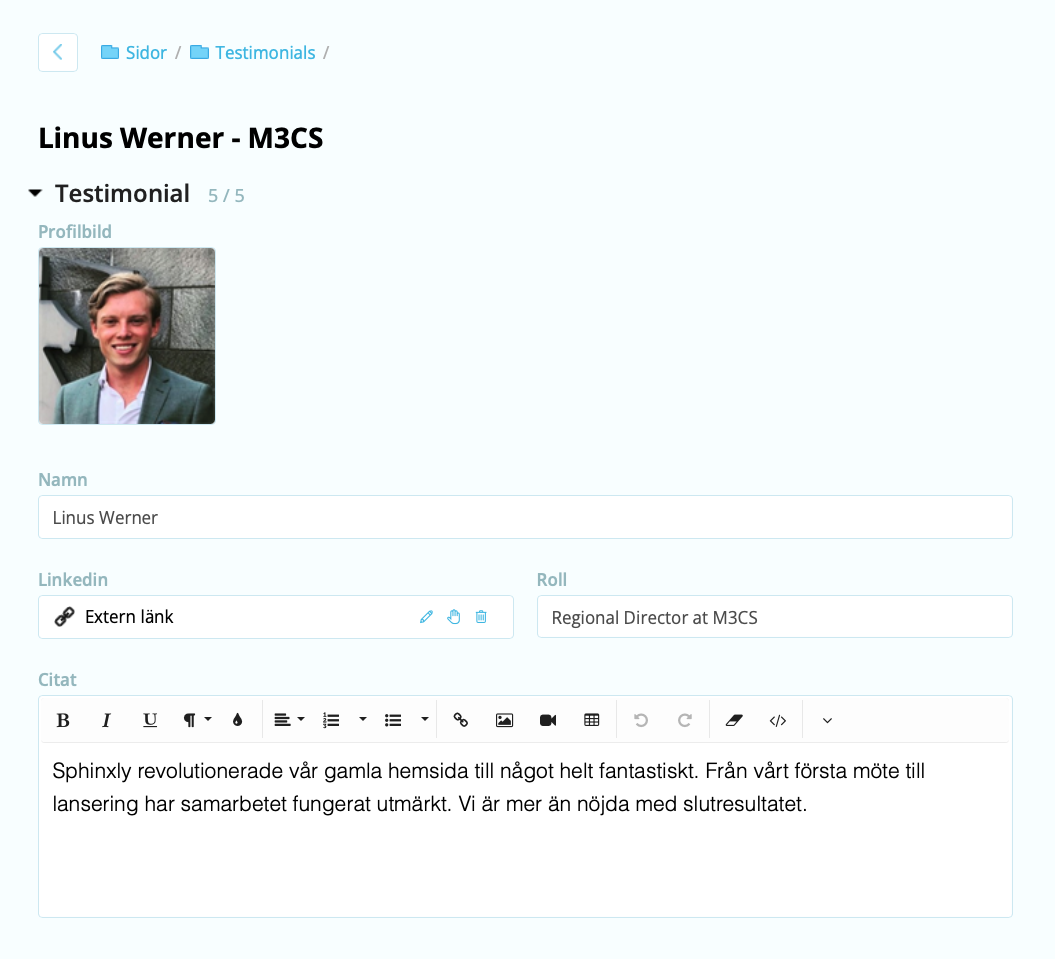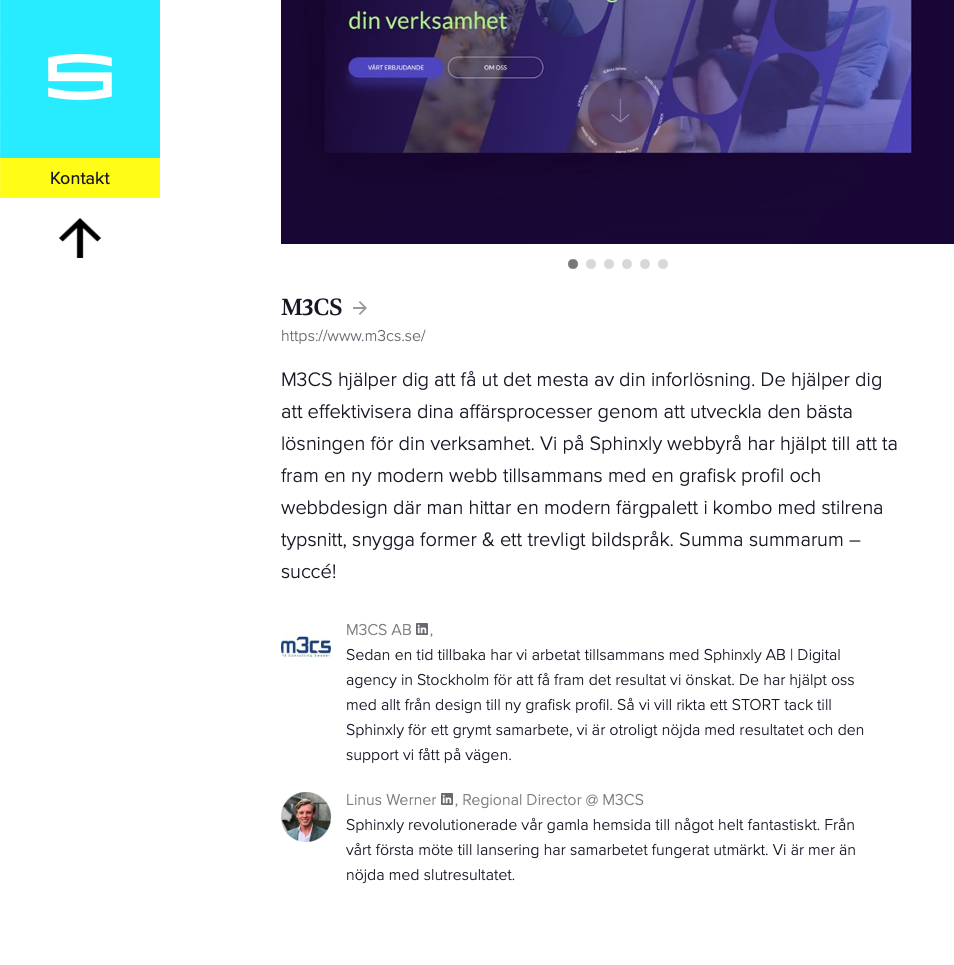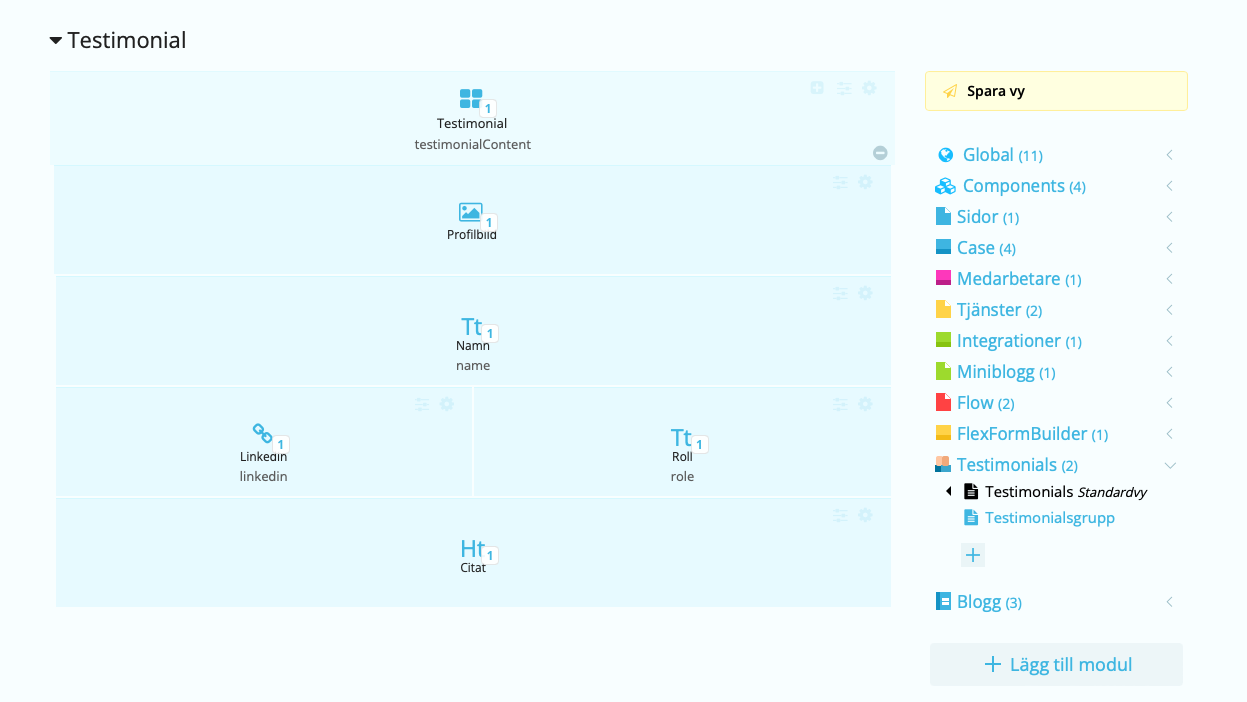[Full disclaimer: Written with ChatGPT. Still interesting ✌🏻]. In 2025, there are several important regulations, trends, and technical requirements that will impact B2B companies, fund managers, and other organizations with a digital presence in the EU, including Sweden. Here are the most significant things to keep an eye on in 2025. (Click on the headings to see how you are affected).
1. NIS2 Directive - Full Implementation
- Early 2025: NIS2 directive, which pertains to cybersecurity within critical infrastructure and digital services, is expected to have full implementation and compliance checks in 2025. This means stricter requirements for risk management, incident reporting, and increased security in supply chains, affecting many B2B companies.
2. Artificial Intelligence Act (AI Act)
- First half of 2025: EU AI Act is expected to be fully implemented, meaning companies developing or using AI solutions must adhere to strict rules on transparency, safety, and ethics. B2B companies and fund managers using AI for automated decisions or customer management must be particularly vigilant about these requirements.
3. Sustainability Reporting Requirements according to CSRD
- From 2025: According to CSRD (Corporate Sustainability Reporting Directive) even medium-sized companies must start reporting sustainability information. Companies need to update their websites and other public communication channels with details about environmental and social sustainability goals and impacts.
4. Data Act and Data Storage
- 2025: EU Data Act comes into full force, introducing new rules for data sharing between companies, data storage, and data management. B2B companies collecting or using large amounts of data need to ensure compliance, especially regarding data sovereignty and data sharing rights.
5. Consumer Rights and B2B
- 2025: New updates within consumer protection directives may also affect companies providing services and products to other businesses, especially if their customers are small businesses that can be considered consumers. Websites should ensure that terms and return policies are clear and adapted to the new laws.
6. Digital Euro and Payment Solutions
- Mid 2025: The EU is expected to continue its pilot projects and potential launch of Digital Euro, which will impact payment solutions. Fund managers and B2B platforms should consider how this can be integrated into their payment infrastructure and inform their customers on how they handle digital currency.
7. Encryption and Data Protection - E-Privacy Regulation
- During 2025: E-Privacy Regulation complementing GDPR is expected to be fully in place. It entails stricter requirements for cookies and tracking, as well as rules for e-communication. Companies must review their privacy settings and ensure that data collection is in line with the new requirements.
8. Accessibility according to the European Accessibility Act
- June 2025: Full implementation of the European Accessibility Act which requires all digital services and products to be accessible to persons with disabilities. This affects the design of websites, apps, and digital platforms to ensure they meet accessibility standards.
9. Digital Identities – EU ID Wallet
- 2025: Launch of the European digital identity, EU ID Wallet, is expected to begin taking shape. Companies may need to integrate this digital identity solution into their systems and digital platforms to enable easy identification and authentication of users.
10. Preparations for Post-Quantum Encryption
- Towards 2025: As quantum technology rapidly evolves, companies will need to review their data security and start preparing to implement Post-Quantum Encryption to protect their sensitive data from future quantum computer attacks.
Technological Trends to Consider
- Automation and Digital Twins: Many B2B companies are investing in automation and digital twins to streamline their operations. Websites may need to be updated to accommodate these technical changes and how they improve services.
- Hybrid Work: Continued shifts in work patterns necessitate supporting hybrid work environments. B2B platforms may need to enhance their infrastructure to support remote workers and collaboration among distributed teams.
In summary, 2025 is a year where digital platforms and companies in the EU need to be extremely diligent in complying with the growing list of regulations and requirements on security, data management, sustainability, and accessibility. Companies should prioritize keeping their websites and digital systems updated to comply with these new regulations and be proactive in implementing future technical requirements.






